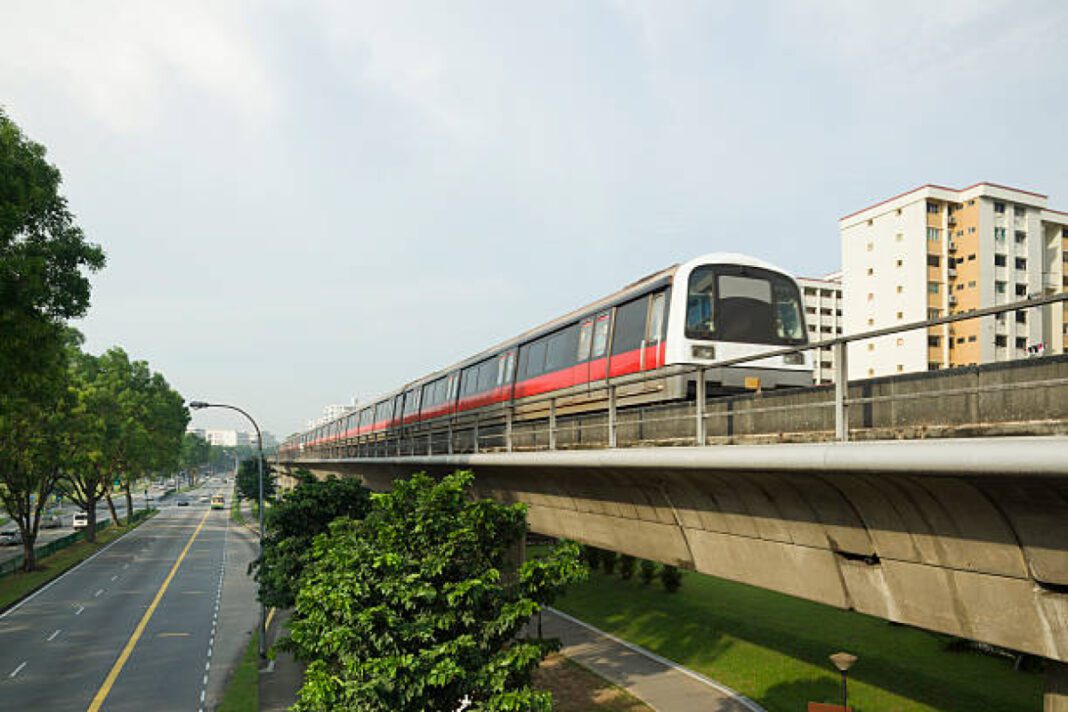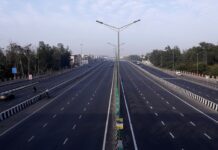The Union Cabinet, chaired by Prime Minister Narendra Modi, has approved Phase-3 of the Bangalore Metro Rail Project, which will feature two elevated corridors covering 44.65 km and include 31 stations. This phase includes Corridor-1, stretching 32.15 km from JP Nagar 4th Phase to Kempapura along the Outer Ring Road West, and Corridor-2, extending 12.50 km from Hosahalli to Kadabagere along Magadi Road.
Once completed in 2029 at a cost of Rs 156.11 billion, Phase-3 will expand Bengaluru’s Metro Rail Network to 220.20 km, significantly enhancing the city’s transportation infrastructure. The new corridors will serve previously underserved areas, including Peenya Industrial Area, IT hubs on Bannerghatta Road and Outer Ring Road, and various manufacturing units on Tumkuru Road and ORR. Additionally, they will connect key educational institutions and healthcare facilities, improving last-mile connectivity across the city.
This expansion is expected to reduce traffic congestion on busy routes like Outer Ring Road West and Magadi Road by providing an efficient alternative to road transport. It will also lower travel times, enhance road safety, and contribute to smoother vehicular movement. The project is anticipated to cut carbon emissions by offering a greener transport option, boost productivity, and stimulate economic growth by facilitating easier access to workplaces and businesses.
The construction and operation of Phase-3 will create numerous jobs and may attract investment to less accessible areas. The expansion aims to provide equitable access to public transport, benefiting diverse socio-economic groups and improving quality of life through reduced commute times.
Multi-modal integration will be implemented at 10 locations, including JP Nagar, Kamakya, Mysore Road, Peenya, BEL Circle, Hebbal, Kempapura, and Hosahalli. This will ensure seamless connectivity with existing and under-construction metro stations, BMTC bus stands, Indian Railway stations, and proposed suburban (K-RIDE) stations. Phase-3 stations will also include dedicated bus bays, pedestrian paths, auto-rickshaw stands, bike and cycle-sharing facilities, with parking available at 11 key stations. Foot overbridges or skywalks will connect directly to two railway stations, Lottegollahali and Hebbal.





